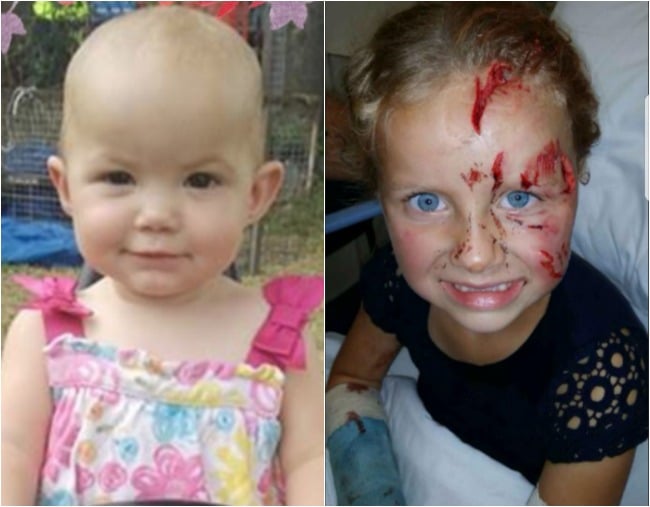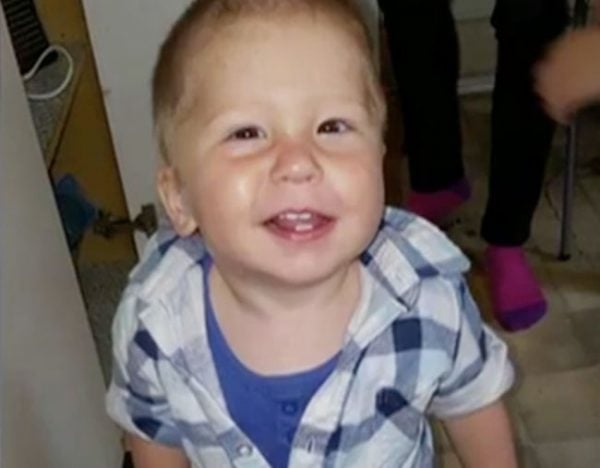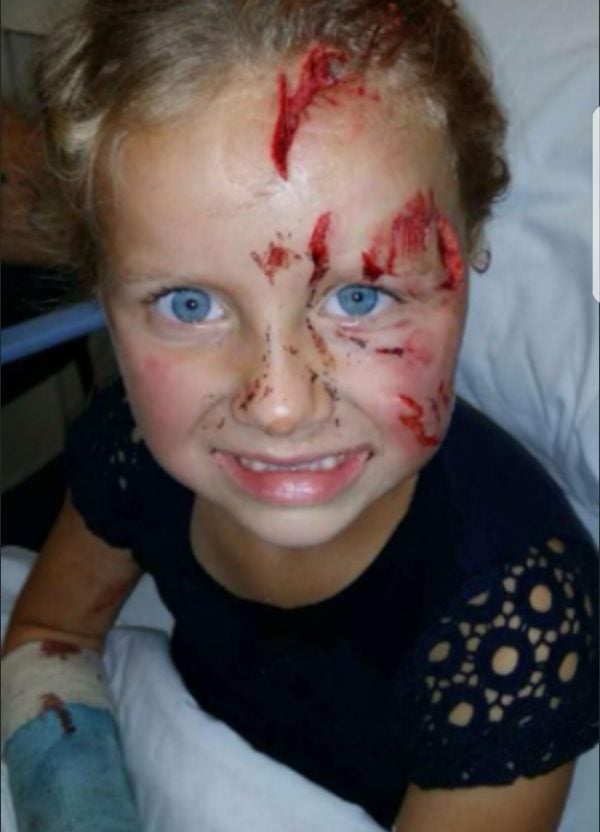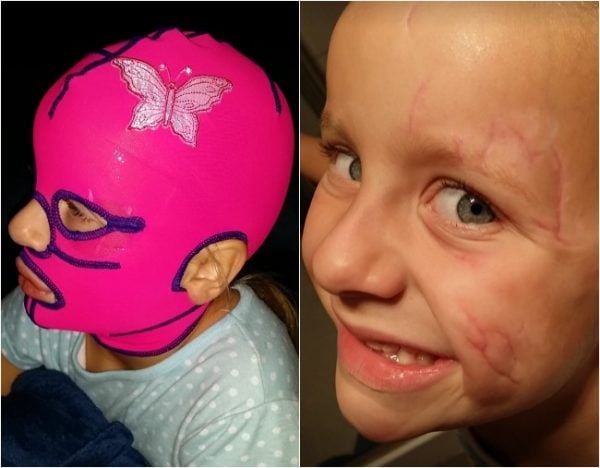
In the space of four days, Australia has been gripped by three devastating dog attacks on children.
The first occurred on Saturday afternoon, when 12-month-old Kamillah was killed after the family’s rottweiler attacked her, according to NSW Police. At the time, she was being pushed in her pram on the way to her grandmother’s house in a neighbourhood in Inverell. The dog was seized by the local council and put down.
The next night, in Melbourne’s southeast, a 10-year-old girl was savaged in her own home by one of her family’s two South African boerboels.
She survived the attack only thanks to the neighbours who saved her life after her seven-year-old sister rushed outside for help. They found the dog – similar to a bull mastiff – going berserk, “frothing at the mouth”. The girl suffered serious injuries to her head, neck and groin, and has reportedly lost an ear. At the time of the attack, the girls were allegedly home alone while the mother was at the gym. The dog responsible – which is understood to have had prior complaints made against it by locals – has been euthanised.
Now, in Newcastle, three-year-old Tom Higgins has undergone surgery to reattach part of his ear after he was attacked by a Great Dane on Tuesday night. He had been riding his bicycle in his neighbourhood with his mother and sister when the dog lurched at him, biting his face, neck and upper back.




Top Comments
We’ve drilled into our kids that you never touch a dog unless you ask it’s owner first, and then you make sure you introduce yourself properly by approaching from the front and letting it sniff you. But I agree, most these dogs that attack are improperly trained and managed - dogs bred for work and then neglected in a yard for days on end, limited socialisation and/or little to noobedience training are a recipe for disaster. The only solution is to promote responsible dog ownership and education for children around dogs, but do you get people to comply is the question?
My dog is incredibly gentle with me, but I would absolutely not trust him with a kid. He's a big dog and he just hasn't been brought up around kids.
Banning breeds isn't the solution, banning certain owners and backyard breeding would be more effective, along with requirements for all dogs to undergo basic certified obedience training. Children should NEVER be left unsupervised under the age of about 12 or 13 and should be taught how to approach dogs safely and only when given permission by the owner.
A lot of dog attacks result from children approaching strange dogs in public or on other people's property. My dog's very striking looking and I would get A LOT of kids running up to us while out for a walk and it was really concerning how their parents would encourage them or not tell them off for approaching a strange dog.